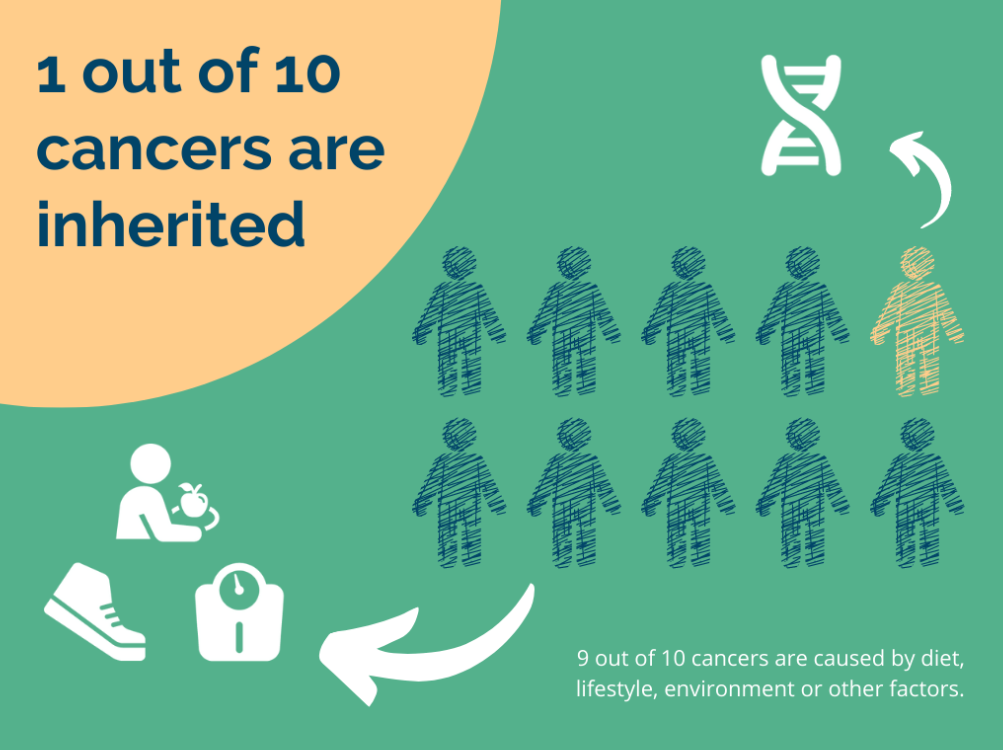We use the first part of your Group ID (the numbers before
the
first hyphen) to make sure you’re an Aetna member and eligible to use this
tool.
Here is help locating your Group ID on
your
insurance card. We recommend keeping your insurance card out as you may need
it
later.
Once you click “Submit”, you’ll be asked questions about
your
personal and family health history to see if you may benefit from genetic
counseling. You’ll see your results, scheduling options, and available
resources
once complete.
The questions should take less than 5 minutes. To protect
your
privacy, this site will not save your answers if you close the survey before
completing it or if you leave the survey open for more than 30 minutes.
InformedDNA is neither the agent nor employee of Aetna.
InformedDNA is solely responsible for the clinical services it offers to
members
through this program.


